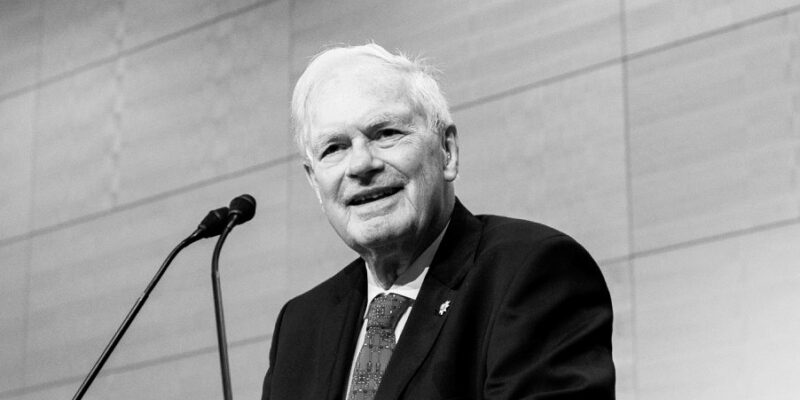Tel-Aviv Arbitration Week: Ethics – The Hidden Principle for International Arbitration Success and Development
This post presents some highlights from the workshop titled “Ethics in Arbitration”, as well as relates an important value the authors took away from listening to workshop’s notable speakers, as part of Tel Aviv Arbitration Week (“TAAW”) 2023. The Tel Aviv Young Arbitral Forum was established in 2020 by Ayelet Hochman (White & Case), Nuna…

